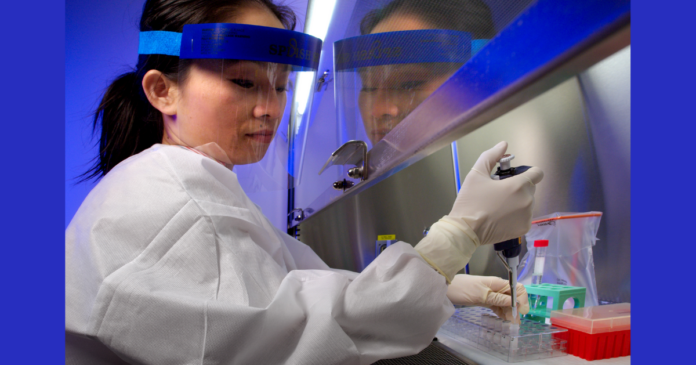In response to the alarming rise in Human Immunodeficiency Virus (HIV) cases, the Department of Health (DOH), in collaboration with the Philippine National AIDS Council (PNAC), has intensified efforts to combat the growing epidemic.
During the 2024 Philippine World AIDS Day commemoration, the DOH launched the “Undetectable = Untransmittable” campaign, a policy initiative aimed to address stigma and increase public awareness about HIV/AIDS.
Health Secretary Ted Herbosa advised Filipinos to “Practice safe sex, regularly undergo HIV testing, and encourage all your peers to do the same,” highlighting the importance of preventive measures and early detection.
The Department of Health (DOH) estimates that by the end of 2024, the number of People Living with HIV (PLHIV) in the Philippines will reach around 215,400. Of this population, 61% have been diagnosed, and 67% of those diagnosed are receiving Antiretroviral Therapy (ART).
ART is a groundbreaking treatment that does not cure HIV but effectively controls the virus. It works by suppressing the amount of virus in the body (known as the viral load) to undetectable levels. When the viral load is undetectable, the virus becomes untransmittable through sexual contact.
It is important to note that the virus remains in the body and can reactivate if treatment is stopped.
Government efforts are complemented by non-governmental organizations (NGOs). Save the Children Philippines has been at the forefront of youth-focused initiatives, including the advocacy work of EJ Taguba, an 18-year-old from Cagayan de Oro.
Taguba educates both teens and adults on HIV prevention and treatment, helping to counter misinformation and reduce stigma. With young people aged 15 to 24 accounting for a significant portion of new infections, targeted education campaigns are essential.
The primary mode of transmission remains sexual contact, with men who have sex with men (MSM) and transgender women at higher risk. Policies aimed at expanding access to HIV testing, ART, and comprehensive sexual education are critical to curbing the epidemic.
Through initiatives like “Undetectable = Untransmittable” and community-driven NGO efforts, the Philippines is working toward reducing new HIV infections and ensuring equitable access to treatment for those affected.



